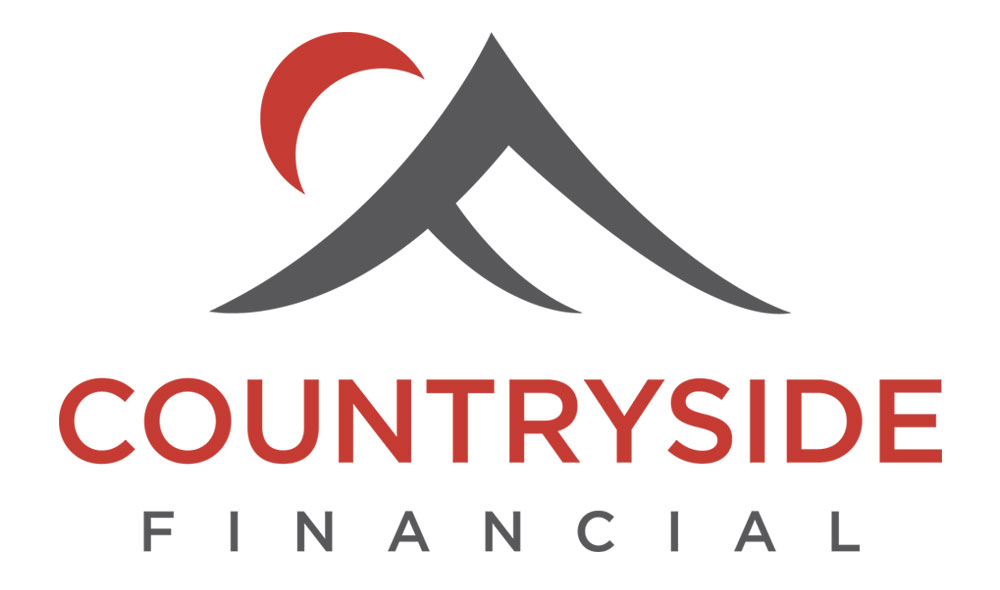Is it time to consider a Second Mortgage?
If you currently have a low rate mortgage, hang onto it for as long as you can! No one is in a hurry to refinance into higher rates these days. However, it is a tricky time when living costs are much greater, expenses are off the charts, and perhaps you need some additional funds – now. Welcome to the second mortgage! If you own a home and you need money for any reason, you can use your home’s equity.
What is a Second Mortgage?
As the value of the equity in your home increases (via appreciation and/or paying down your first mortgage over time), it allows you to register another mortgage to unlock this equity. Don’t expect to be able to use all of your equity though, legislation/lenders require 20-35% equity to remain.
The amount of equity you have, determines the amount of new mortgage available to you. The value of your home will need to be appraised, and the amount you still owe on your first mortgage will be deducted from the overall equity you have to lend against.
There are two main types of second mortgages available:
- Home equity loans
- Home equity lines of credit
A home equity loan is a mortgage that gives you a lump-sum payment. Just like your first mortgage, you will pay it back monthly, including interest (or some are set up as interest only repayment). Most mortgage terms are 6-months to 3-years, which means that the mortgage registration will remain on the property until you have made all of the payments as scheduled. Most second mortgages are done by private lenders; qualification is not as strict as prime lenders.
A home equity line of credit, or HELOC, is a mortgage that the lenders will approve for a certain credit limit and the money is available to you. Much like a credit card, you can borrow only the amount you need at any time. Most HELOC’s are provided by banks or prime lenders; qualification is strict.
Second Mortgage Pros
- No usage restrictions; you can use the money you get from a second mortgage for any purpose.
- Larger loan amounts; if you have the equity, you may access more funds than from other sources.
- Lower interest than other types of non-secured lending; lenders may offer lower interest over credit cards and other types of personal loans.
Second Mortgage Cons
- Higher interest compared to refinancing; sometimes refinancing a first mortgage into one new mortgage, adding your additional funds, is less expensive overall.
- Interest rates & fees are higher as the lender has less security should you default on the loan,
- When you take on a second mortgage you now have two monthly payments. Two separate mortgage payments each month may stretch your finances.
If you’re looking for a way to tap into your homes equity, this may be a possibility. Interested to learn more? Feel free to reach out with any additional details or questions you may have.
Candace Perko, Mortgage Broker























